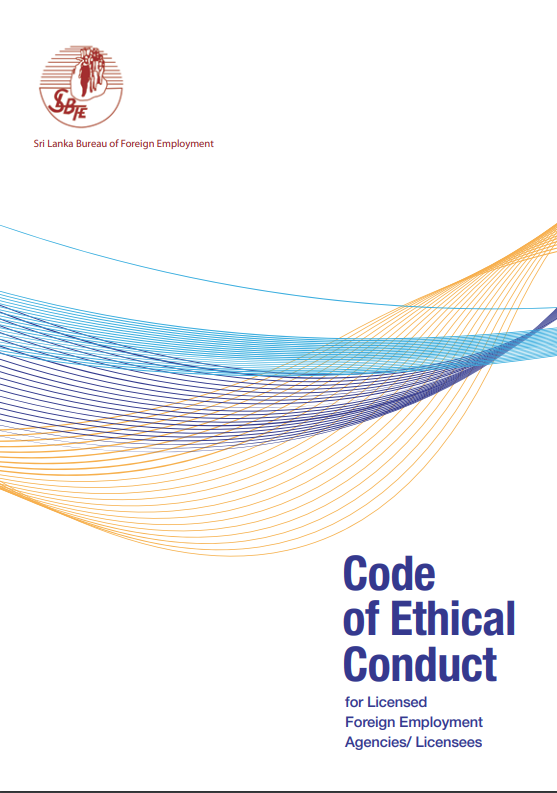Sri Lanka’s recruitment industry plays a pivotal role in its labour migration sector. While the industry is expected to secure jobs for Sri Lankans within conditions of safety, security and dignity, the regulation of the industry is important to ensure minimising of situations of exploitation and abuse of migrant workers within Sri Lanka and in countries of destination. The Sri Lanka Bureau of Foreign Employment as the government agency with a mandate to protect migrant workers, is making several efforts to regulate the 700 plus licensed recruitment agencies registered with them.
The Government of Sri Lanka, through the Ministry of Foreign Employment Promotion and Welfare and the Sri Lanka Bureau of Foreign Employment, supported by the ILO is implementing the National Labour Migration Policy. The policy clearly states “The recruitment aspect of the labour migration process will be regulated and managed within a framework of governance and accountability. The State shall regulate the recruitment industry through administrative policies and procedures, licensing schemes, codes of Conduct and monitoring and penal provisions to address offenses”.

